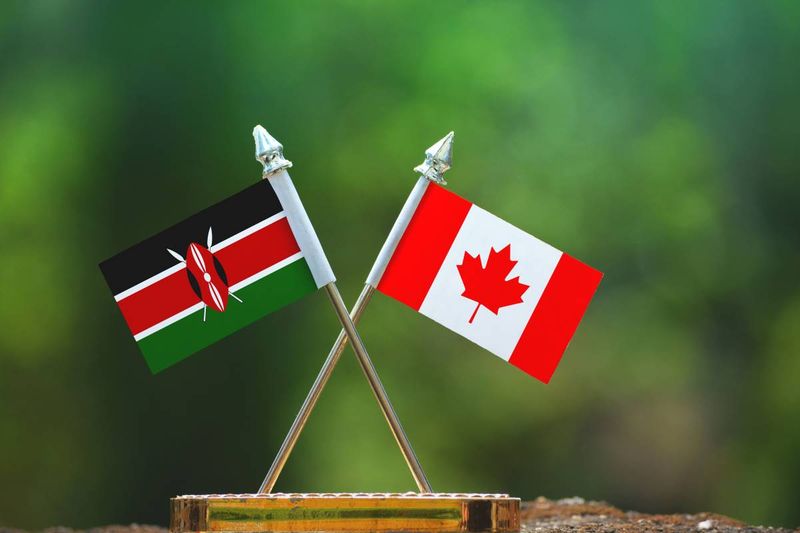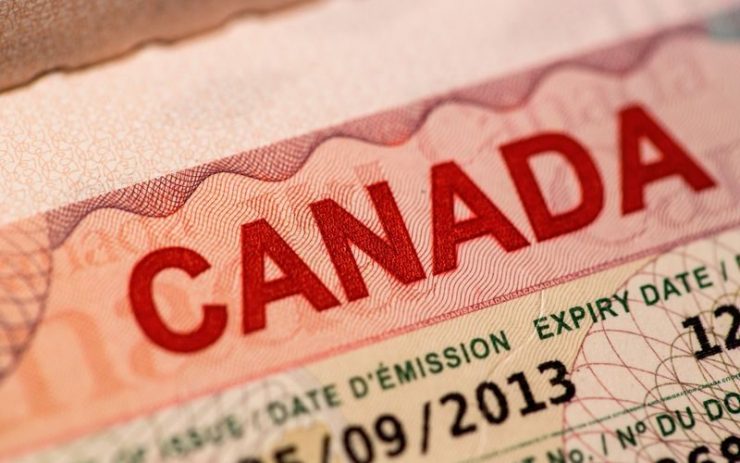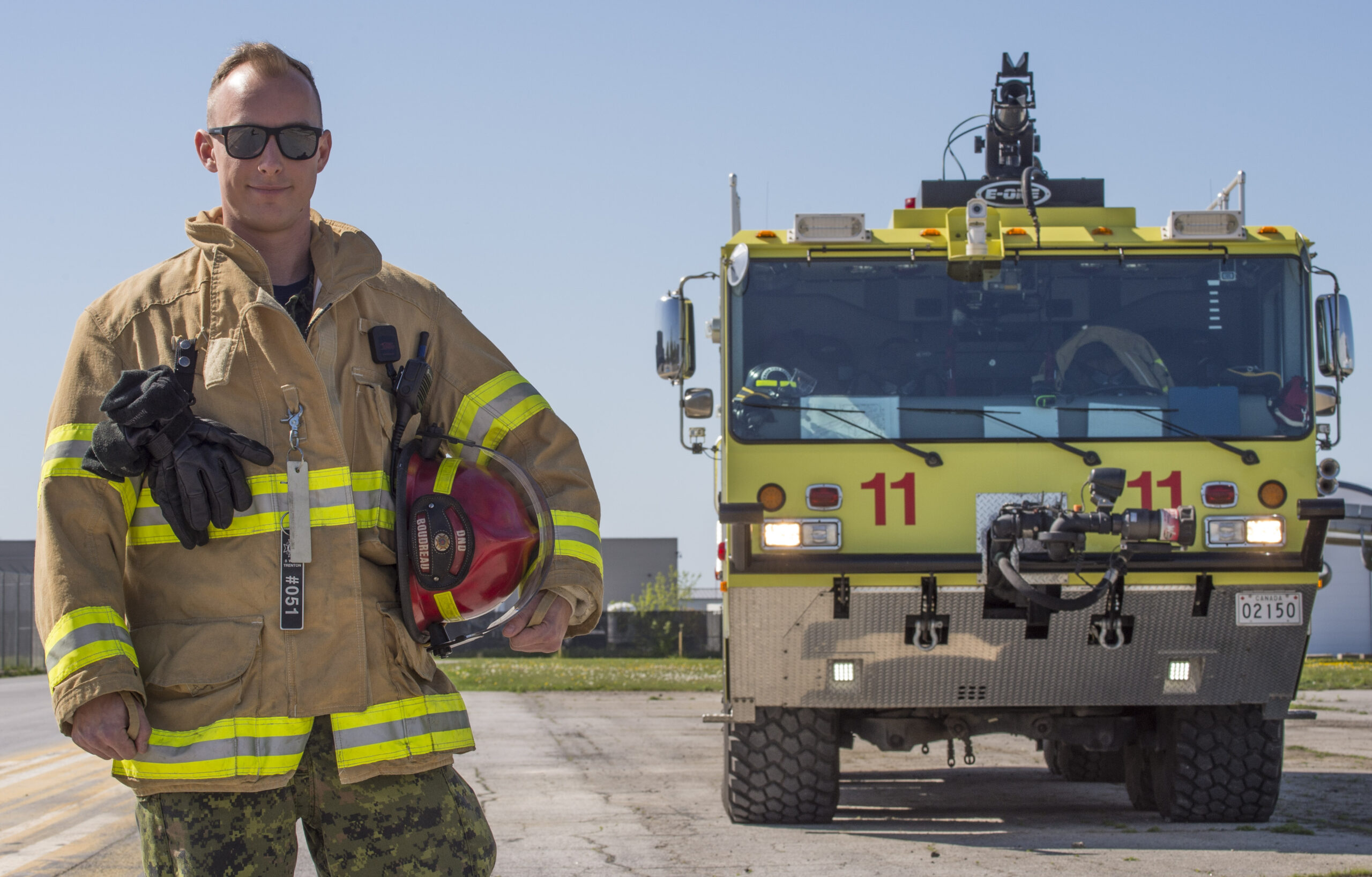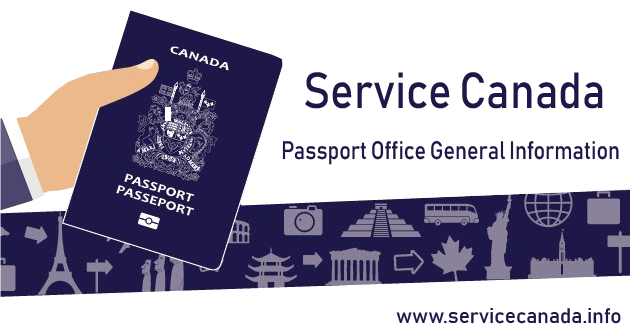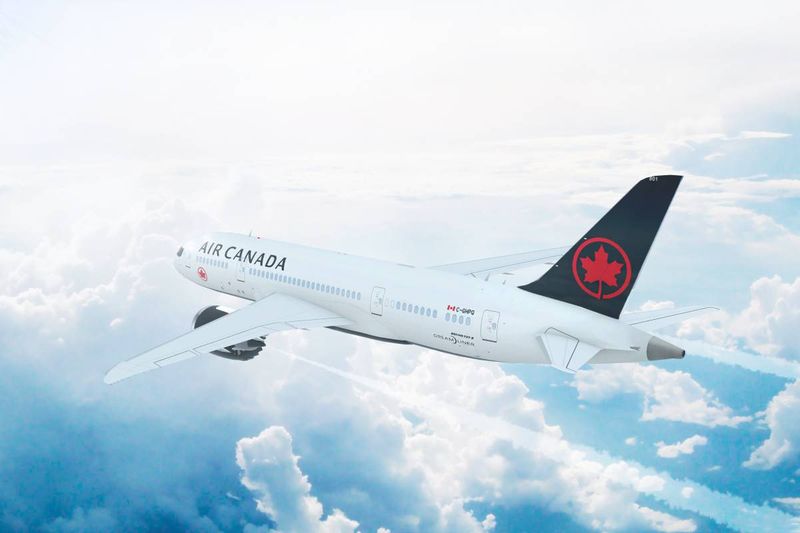How to Immigrate to Canada With Your Pet
Is your pet accompanying you to Canada? Wondering what to expect or what to do next? Traveling abroad with a pet is a unique experience for many. Each country has its own rules and regulations that moms and dads must follow to ensure the health, safety, and comfort of their fur babies during the long journey.
The good news is that Canadians have a penchant for animals and this is demonstrated by their lenient policies when it comes to traveling with pets. Unlike many other countries, your furry friend will not have to be quarantined at the airport for a few days when he arrives at his destination in Canada. As long as your pet is healthy and has the necessary documents to prove it, you can reunite with your four-legged friend right away. In this blog, we walk you through some important steps when moving to Canada with your pet. We also uncover the essential documents and more or less break down the costs involved.
Moving to Canada With Your Pet – What You Need to Know
Which Animals Need Import Permits?
Sorry for the bad news, but only cats and dogs are considered pets that can travel to Canada without an import permit, but only if they enter Canada as domestic imports ( animals accompanied by their owners) and not for commercial purposes, such as adoption. , sample exhibition or scientific research.
You can apply for an import permit from the Canadian Food Inspection Agency (CFIA) if your pet is of the feathered or eight-legged type, also known as non-traditional pets, or if he qualifies in a commercial category.
Other Important Things to Know Before Moving to Canada With Your Pet:Advertisements
- Commercial dogs and cats older than 8-months don’t need import permits but proof of age is required upon entry.
- The American Staffordshire Terrier, Pit Bull Terrier, American Pit Bull Terrier, and Staffordshire Bull Terrier and their crosses are banned from entering or transiting the provinces of Ontario, Toronto, and Winnipeg.
- Domestic dogs and cats accompanied by owners don’t need to be microchipped for identification purposes.
- You may bring pet food (limit of 20kg) into Canada if the pet food is a product of the USA and is commercially packaged. Your pet must accompany you at the time of entry.
Does My Cat or Dog Need a Rabies Certificate?
Your pet needs a rabies vaccination certificate if you are traveling from a country that Canada does not recognize as rabies-free (see below). If you come from a country recognized as free from rabies, you will only need a veterinary certificate indicating the origin of your animal. This only applies to cats and dogs over 3 months old. However, proof of the age of your puppy and kitten must be provided upon request.
Countries Recognized as Rabies-Free
- Anguilla
- Antigua
- Australia
- Bahamas
- Barbados
- Bermuda
- Cayman Islands
- Fiji
- Finland
- Iceland
- Ireland (Republic of)
- Jamaica
- Japan
- New Zealand
- Norway
- Saint Kitts and Nevis
- Saint Lucia
- Saint Martin (Netherlands Antilles)
- Saint Pierre et Miquelon
- Saint Vincent and the Grenadines
- Sweden
- Turks and Caicos Islands
- United Kingdom (England, Scotland, Wales, Northern Island)
- Uruguay
Airport: Health & Comfort Checks
Most airlines have specific requirements for transporting animals. It is best to contact your airline in advance to find out what to do before you arrive. For example, depending on your pet’s weight classification and the length of your flight, it may be checked in as hand baggage rather than checked baggage or cargo.
Pets checked in as baggage must be transported in kennels or cages approved by the airline, waterproof, and well ventilated. The cage should be the right size for your pet to sit comfortably, stand up and turn around. You can rent cages from companies like PETport.
Your airline may also require a health certificate from a licensed veterinarian stating that your pet is in good health for the trip and that it has received all of its vaccines.
What Fees Do I Need to Pay?
Moving to Canada with your pet comes at a price. The fees you will need to pay will vary depending on your airline and your pet’s weight and size. However, for animal lovers, it’s a small price to pay to bring your beloved pets to Canada.
- Inspection Fees: There is a $30 inspection fee and $5 for each additional animal when you arrive in Canada. The fee must be paid at the time of inspection.
- Animal Excess Baggage Fees: Fees differ from airline to airline and according to your pet’s weight class. For example, a pet with its cage that does not exceed 23kg and 59 inches cost $500 at Emirates Airlines.
- Rabies vaccination: Rabies vaccines for animals cost $7-$20. The first booster shot is needed after one year, and subsequent boosters typically every three years.
- Import Fees: The CFIA will advise you on the fees that apply to your particular pet and situation.
